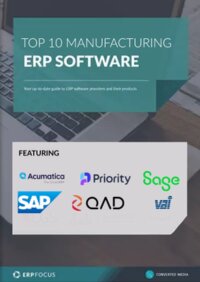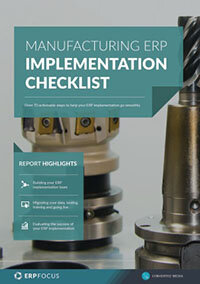Can ERP Close the Manufacturing Skills Gap?
Baby Boomers are retiring by the thousands these days. The trend has only just begun and will continue for more than a decade. Many of this generation of workers have been employed in the manufacturing industry. However, Millennials and other younger generations are avoiding manufacturing and there are many theories attempting to explain that avoidance. One result of this modern day trend is commonly called the manufacturing skills gap. The manufacturing skills the baby boomers retire with are not being replaced.
Can Manufacturing ERP help?
Most of the proposed solutions are centered on education - partnering with community colleges or renewed in-house training can help. Other proposals are based on recruitment such as finding novel ways to attract new generations of the workforce. Manufacturers are people who like to control their destinies and either of those proposed solutions relies on non-manufacturing individuals. ERP began in manufacturing and is still considered a manufacturing tool, so how can it help us close the manufacturing skills gap?
Manufacturing ERP used printed reports as the primary communication medium in its emerging years. Systems then evolved to e-mail alerts. A lot of today’s ERP communication uses dashboards and similar tools to highlight important data quickly for our review. We have also seen the beginning of social ERP. We connect to certain people through our ERP much like we connect using Facebook or LinkedIn. As we learn to use those connections we will develop new processes and project teams based around skills and suitability to the job. Since millennials are already using similar social collaboration tools outside work, they have the potential to become expert users of tomorrow’s ERP systems. Social manufacturing ERP could be the drawing card that hooks them and reels them into the workplace.
Developing & Training Millennials
As well as attracting millennials to manufacturing, ERP can also play a role in the development and training of these individuals. Modern manufacturing ERP systems are expanding to include or integrate with many development and learning modules. While an HRMS system may cover learning management in isolation, our ERP learning and development processes can be directly linked to what is happening on the shop floor. Our newest millennial worker is recommended a training program based on the manufacturing skills gap in our company. They are then recommended an upcoming order to work on, which will help them develop the necessary skills, as well as an experienced co-worker to mentor them during the process.
Is there any incremental cost? No, we already have manufacturing ERP in place. We just need to have confidence that the younger members of our teams and their managers can utilize manufacturing ERP to begin closing the manufacturing skills gap.
Free white paper
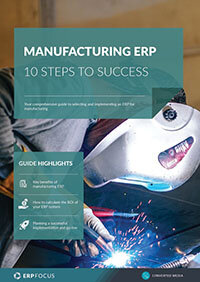
Manufacturing ERP: 10 steps to success
Complete step-by-step guide to manufacturing ERP software
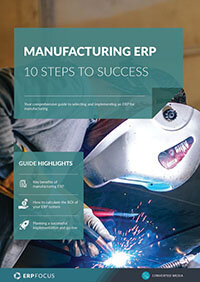
Featured white papers
Related articles
-
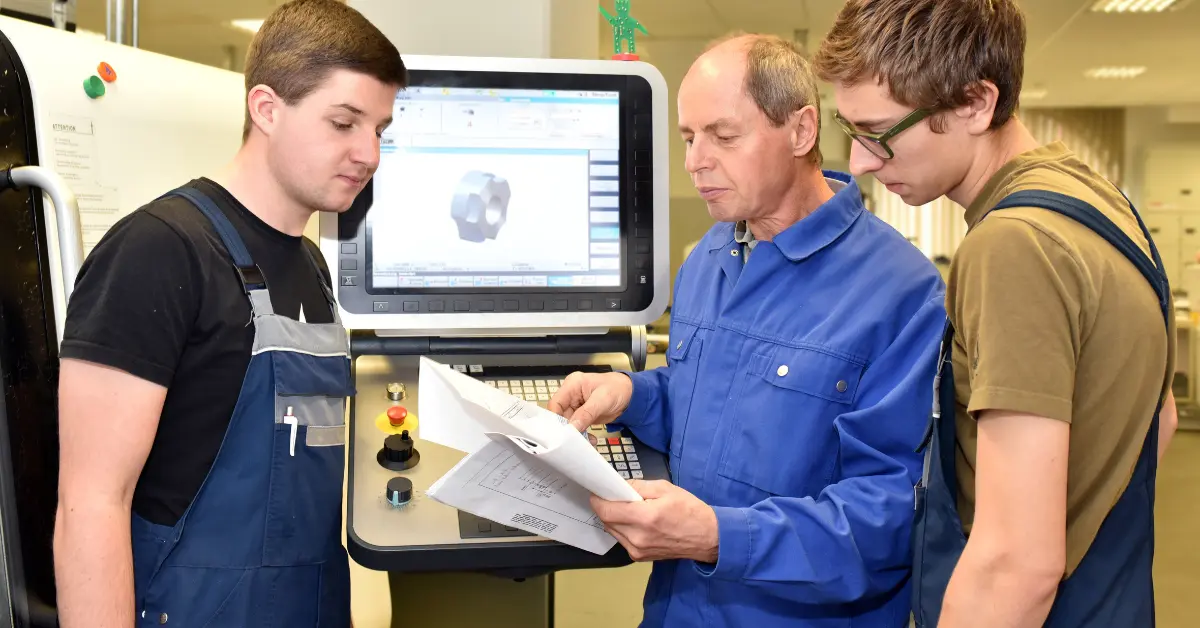
4 training tips for manufacturing ERP success
These four training tips will help your employees get the most out of your new manufacturing ERP ...
-
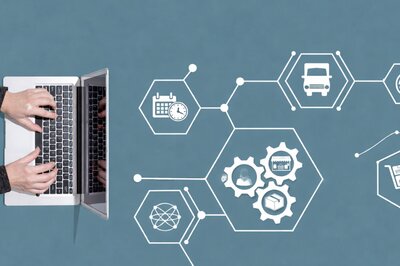
How the right ERP can help you launch a successful omnichannel business
Petersen Zhu, CEO of DigitBridge and Vibes Base, shares how to create a scalable omnichannel stra...
-
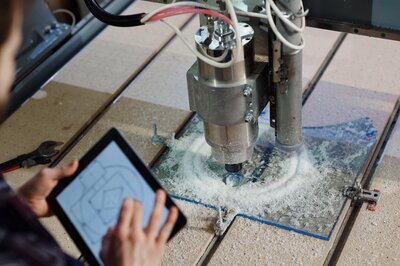
ERP for make-to-order manufacturing
How can ERP help your make-to-order manufacturing business thrive?


